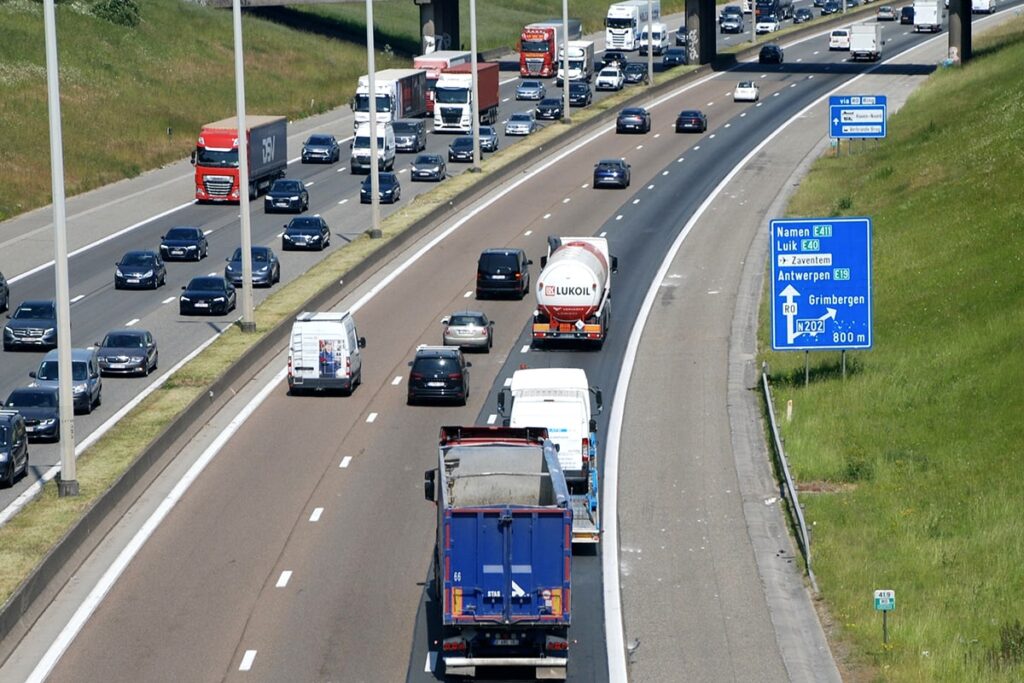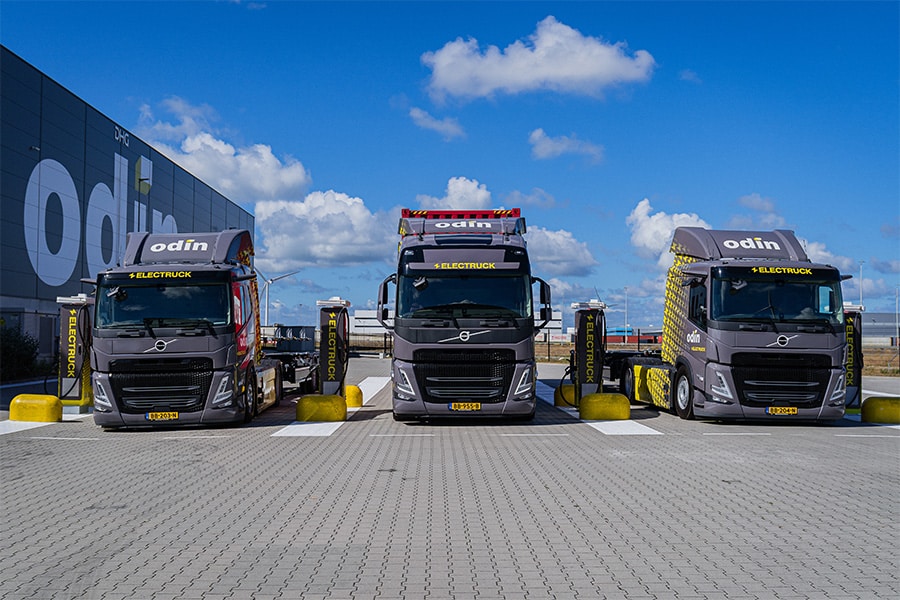
Does European Commission's Mobility Package succeed in fairer playing field for transportation companies?
Four years ago, the Mobility Package appeared in the European Official Journal of the European Union. With this voluminous package of European laws and regulations for the transport sector - now in force for more than two years - policymakers aim to level the transport rules in EU member states, create a fairer European playing field and improve social conditions for drivers. Have these new rules already had an impact on the ground? Philippe Degraef, Febetra director, weighs and weighs.
A difficult delivery
"The old Europe and the new member states have had heated discussions for years about the direction transport policy should take in their eyes," said Philippe Degraef. "Never was such a clear fault line felt in a transport dossier between proponents of a more liberal transport policy and supporters of a stricter legal framework. Both camps were diametrically opposed with their arguments. They had to put a lot of water in the wine to finally find a compromise that - as is usually the case - went too far according to some and not far enough according to others."
"In particular, the fact that vehicles are required to return to the country of registration every eight weeks caused quite a stir. Lithuania, Bulgaria, Romania, Hungary, Cyprus, Malta and Poland even went to the European Court of Justice to overturn that provision, among others, which they catalogued as an outright attack on their business model. Of all the provisions challenged in court, the vehicle's 'return home' is the only one overturned by the European Court of Justice in its ruling of Oct. 4, 2024."
A more balanced playing field?
Philippe Degraef: "With the 'lex specialis' or specific posting rules for the transport sector, the 'cooling off' of four days in the case of cabotage and the mandatory return of the motor vehicle to its home country every eight weeks, Europe wanted to rebalance the balance of power in the European transport landscape. Since the enlargement of the European Union, we live in a completely different Europe and the balance of power has changed radically. Belgian hauliers who, roughly thirty years ago, together with their Dutch colleagues, ruled the roost in the European Union, have in the meantime slumped in Eurostat's European rankings. Today, these rankings are invariably led by carriers from the new member states. Eastern European license plates are definitely no longer an oddity. They are even prominent on the streets."
There is no sign at all of a more balanced playing field on the ground. "The Mobility Package has certainly not lessened the strong east wind that has been blowing over the transport sector for two decades," said Philippe Degraef. "That is the main conclusion we can draw from the latest Eurostat figures. The hopes of some and the fears of others that the European transport landscape would be shaken up considerably have so far not become reality."

The European transportation landscape in practice
Philippe Degraef illustrates that observation with some striking examples:
- The proportion of foreign trucks on the Belgian toll road network has remained virtually unchanged, Viapass figures tell us.
- The top five largest cab drivers look identically the same as before since the introduction of the new posting rules and the "cooling off" period.
- The top 10 most-cabotaged countries are still made up entirely of Western European member states.
- Polish and Lithuanian carriers together account for 57% of all cabotage traffic. Certainly also worth noting is that the steep rise of Lithuanian carriers continues. In ten years, they recorded a growth of as much as 1,300% and moved up from place 15 to 2.
- In cross trade transport (this is transport from country A to country B by a haulier from country C), it is still the Polish, Lithuanian, Romanian, Bulgarian and Slovenian hauliers who are calling the shots. For 80%, the top 10 cross trade still consists of carriers from the new member states.
- With 88% of all cross-trade shipments, carriers from the new member states still hold as dominant a position as in the pre-Mobility Package era.
Work to be done
"It remains strange that the Mobility Package has had no impact on the transport market," Philippe Degraef concludes. "On paper, the gap between Eastern and Western European hauliers could only narrow. After all, based on the new posting rules, a driver is entitled to the wages of the country where he is working both in the case of cabotage and cross trade."
"Specifically, this translates for Eastern European transport companies - the cross-trade and cabotage champions par excellence - into extra costs for just over two years now that they didn't have before. At least: if they follow the rules scrupulously."
"Whether this is the case in practice is difficult to verify. The fact is that just about everyone has the impression that the provisions of the Mobility Package are hardly ever monitored."
"Since everyone knows the temptation to flout rules that are not enforced, the quasi-absence of controls is a crucial aspect that the new European Commission absolutely must include in its planned review."




